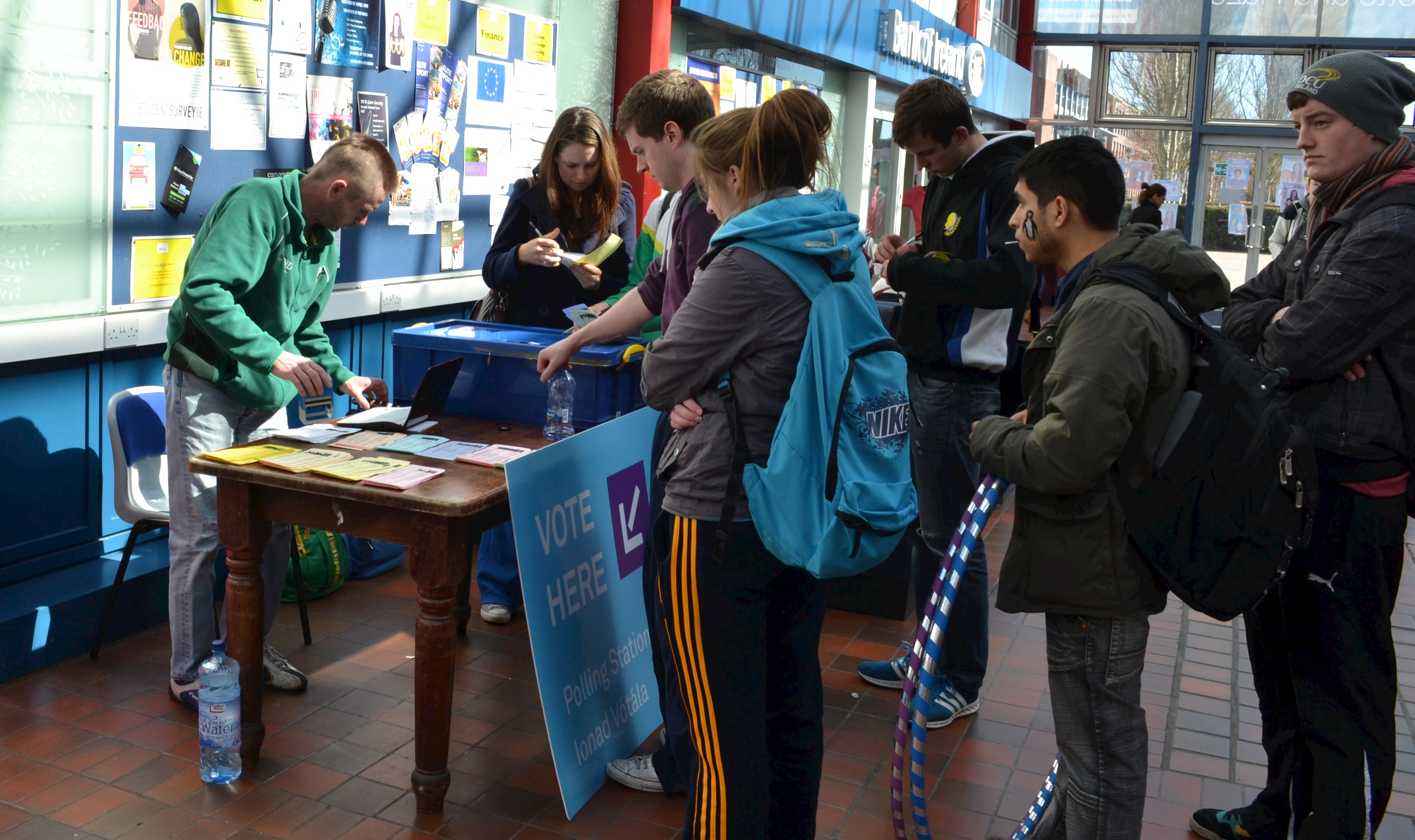
The President of the Students’ Union has encouraged students to become involved and run for a sabbatical position in this year’s upcoming elections.
It was announced last week that the SU elections will be held on March 26th and 27th. A referendum on the student centre redevelopment will also take place.
The referendum will see students vote on reducing the student levy from €38 to €35 per year and paying the levy over a longer period, which will then fund the cost of extending the student centre which is estimated at around €14 million.
Speaking to The College View, Aaron Clogher said: “More people are talking about the elections this year and more people know about it, so it has been a success.”
“We have generated more debate than there has been in previous years about the whole process of students running in the elections. There was never any advertising done about the positions as a role you should aspire to take on. We have advertised this year through social media, posters, t-shirts and in general by being more vocal about it and making students aware of the positions.”
Last week’s ‘Nominate a Mate’ week and the recent SU candidates workshop were both successful, with a rise in the number of students interested in the positions of convenors, Clubs and Societies Officer and in the Office of Student Life. Clogher described the turnout as “unbelievable” compared to previous academic years.
The SU also encourages more female students to run for election, as there have only been seven female SU Presidents in DCU since the early 1980s.
Discussions at the beginning of this academic year between the SU and Women for Election will hopefully see both working together in the future. Election workshops were run by Women For Election in both St Patrick’s College and UCD this year, aimed at supporting and advising women who wish to run in politics.
It is still undecided as to whether the new system of electronic voting will be used in the up-coming elections. Clogher said: “The Union of Students in Ireland’s electronic voting worked well. The vote was extremely close with one vote in it. It was really good we had that online. If it was a paper ballot with one vote in it you would have had to recount several times and the later this goes on then the more chance there is for error to occur. You could have potentially ended with the wrong result in that referendum if we hadn’t had online voting.”
Clogher said that there “is a full re-count option available if electronic voting is used for the SU elections and and candidate demands it.”
He added: “There is an Excel document available that shows for example; voter ID 1 that is not attributable to anybody as it’s confidential. It can then be counted manually or through the Excel document. Every vote is individual and can be accounted for.”
Ciara Moore




Leave a Reply